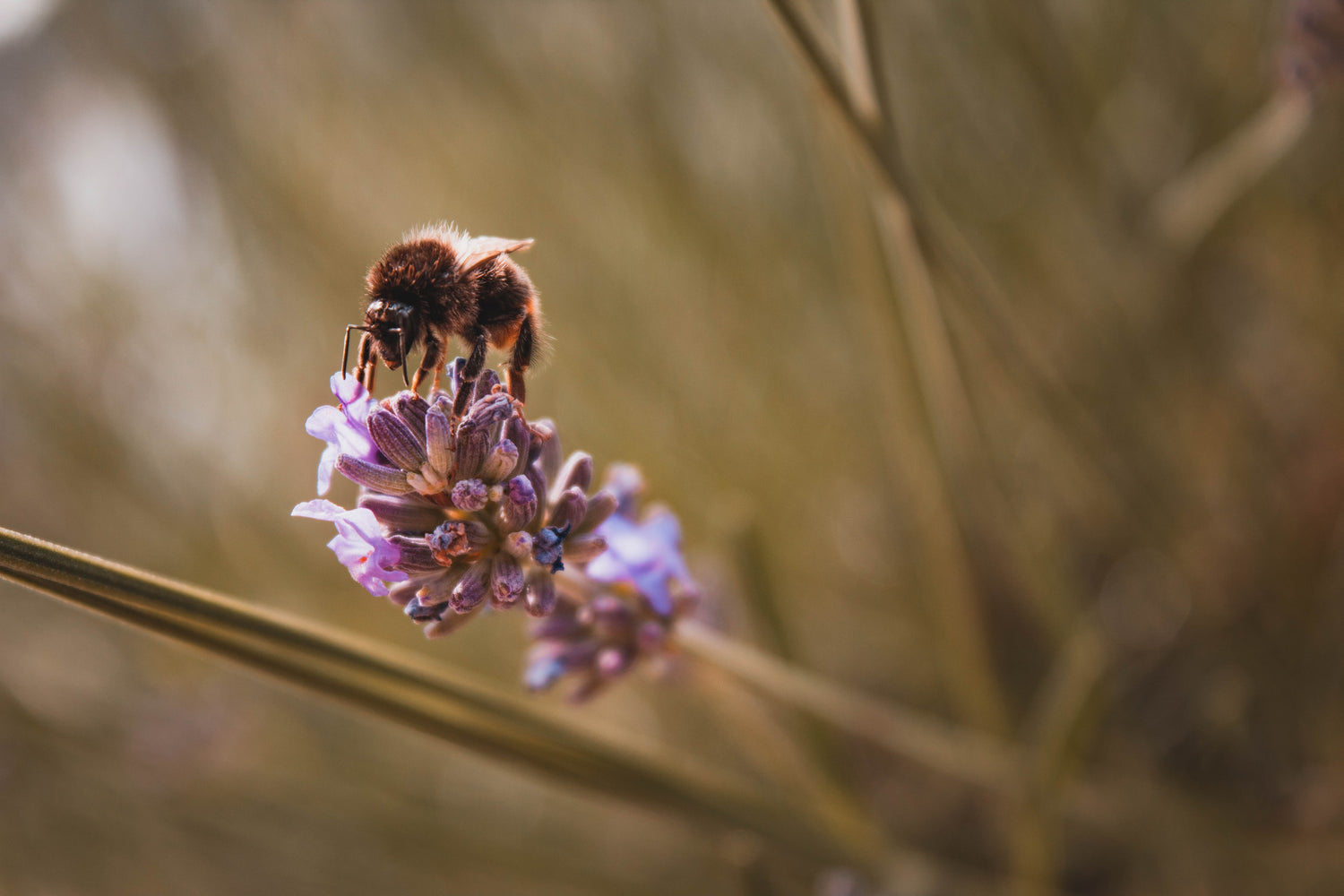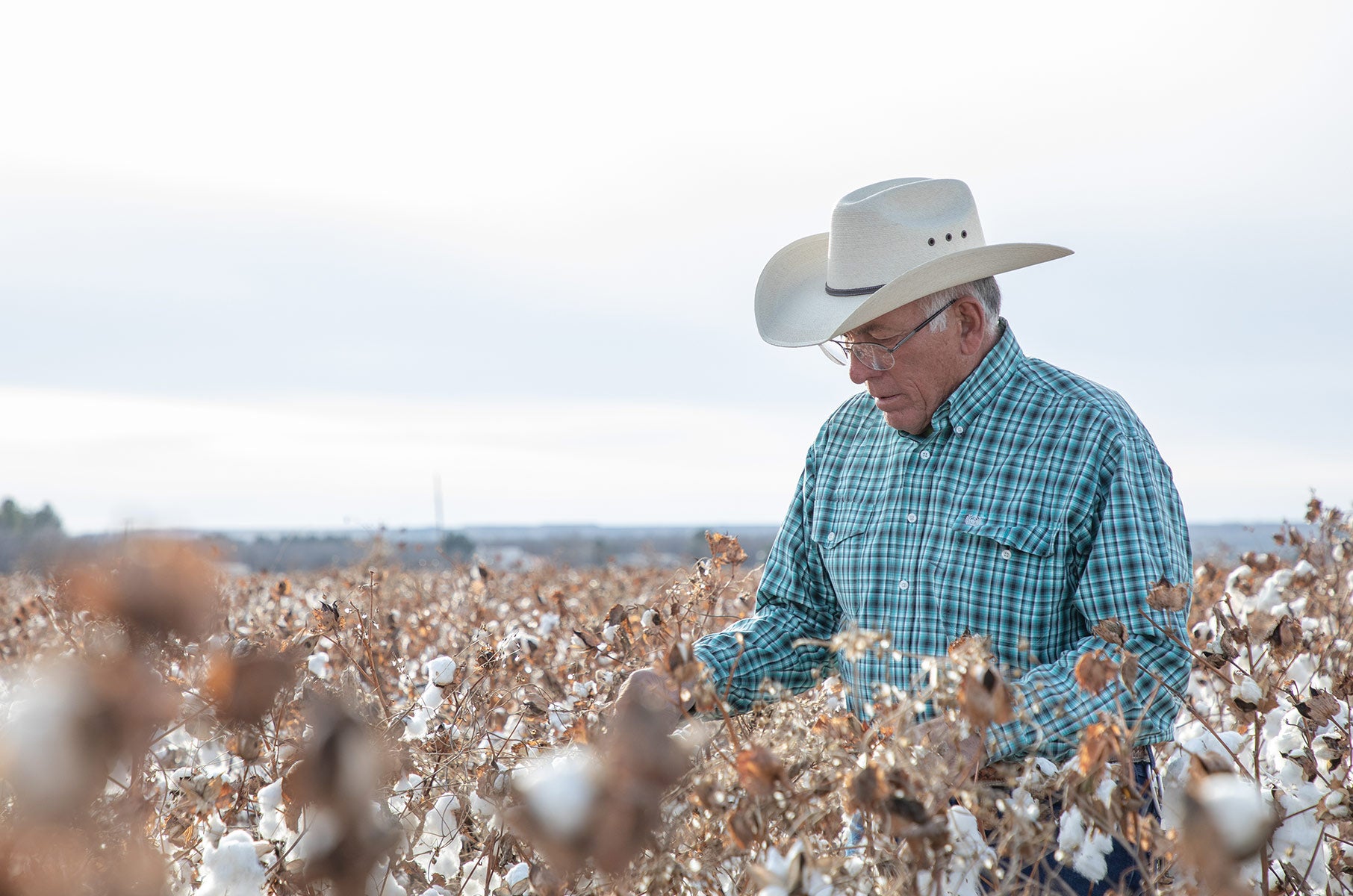Bees are considered the most important living being on this earth. Bees are the world’s most important pollinator of crops and it’s estimated that over half of all food that we consume each day relies on pollination, with around 80% of the US crop dependent on honey bees according to Sustain.com. Basically any fruit, vegetable, seed, and nut farmer is dependent on bees and other pollinators to product food.
The survival of our species is dependent on the survival of bees, yet we have seen a 60% world wide population decline since 1947. The US began using synthetic pesticides in the 1930s and became wide spread after World War II and by 1950, pesticides were found to increase farm yields far beyond pre-World War II levels and we became heavily dependent on synthetic pesticides moving forward.
There is no coincidence that the bee population began to rapidly decrease at the exact time synthetic pesticides were introduced. As science begins to catch up, studies are starting to find direct correlations. For example, two recent studies, one that examined honeybees in Canada and the other that looked at three bee species in the United Kingdom, Germany and Hungary — were the first large-scale investigations to test the popular agrochemicals influence on bees in real world settings. Both studies found that Neonicotinoid pesticides commonly found in agricultural areas kill bees and hurt their ability to reproduce. While many studies had connected neonicotinoids, a common class of insecticides derived from nicotine, to bee deaths in the past, few studies had examined how much pesticide is needed to harm bees or how long the exposure must take. The new studies say the environmental levels of neonicotinoids surrounding farms do not obliterate bee colonies outright, but instead kill them over extended periods of time. The pesticides also threaten bee queens in particular — which means colonies have lower reproductive rates.
According to Greenpeace, “biologists have found more than 150 different chemical residues in bee pollen, a deadly “pesticide cocktail” according to University of California apiculturist Eric Mussen. The chemical companies Bayer, Syngenta, BASF, Dow, DuPont and Monsanto shrug their shoulders at the systemic complexity, as if the mystery were too complicated. They advocate no change in pesticide policy. After all, selling poisons to the world’s farmers is profitable. Furthermore, wild bee habitat shrinks every year as industrial agribusiness converts grasslands and forest into mono-culture farms, which are then contaminated with pesticides. To reverse the world bee decline, we need to fix our dysfunctional and destructive agricultural system.”
We need to figure out a solution where we can mass produce as well as keep our planet and ecosystems intack. Opok is dedicated to organic farming, sustainable production, green energy, and keeping toxins out of our products. That includes pesticides. We are also extremely passionate about trying to curb the damages that the clothing industry has inflicted on the environment. That's why we are giving back a portion of our proceeds to saving the bees, because without them, our species will be doomed.




Leave a comment
This site is protected by hCaptcha and the hCaptcha Privacy Policy and Terms of Service apply.